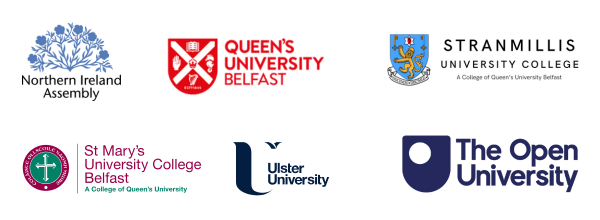Prof Cahal McLaughlin (QUB)
Three official reports in Northern Ireland have each recommended storytelling as one of the methods to address the legacy of the past – Bloomfield (1998), Eames-Bradley (2007) and Hass (2014) reports. The proposal of an Oral History Archive in the Stormont House Agreement raises the possibility of similar benefits. The Executive is expected to renew negotiations over such legacy issues. In the meantime, community-based initiatives have filled the vacuum by organizing their own storytelling projects. Healing Through Remembering has produced an audit of such projects and the PEACE 3 funded ‘Accounts of the Conflict’ at Ulster University offers a selection of these on a digital platform. The Prisons Memory Archive, based at QUB, is another such initiative and I propose to present its research findings. Using a methodology based on co-ownership, inclusivity and life-storytelling, the PMA has recorded 175 interviews back inside the empty prisons of Armagh Gaol in 2006 and the Maze and Long Kesh Prison in 2007; participants include prison staff, prisoners, chaplains, teachers, visitors and solicitors. These filmed recordings are used in community and educational discussions throughout NI and internationally, with evidence to date showing that if methodologies include co-ownership and inclusivity there are opportunities to positively address our conflicted past in a contested present.
Date of seminar: 21 June 2017.
Download:
Policy Briefing
Presentation



